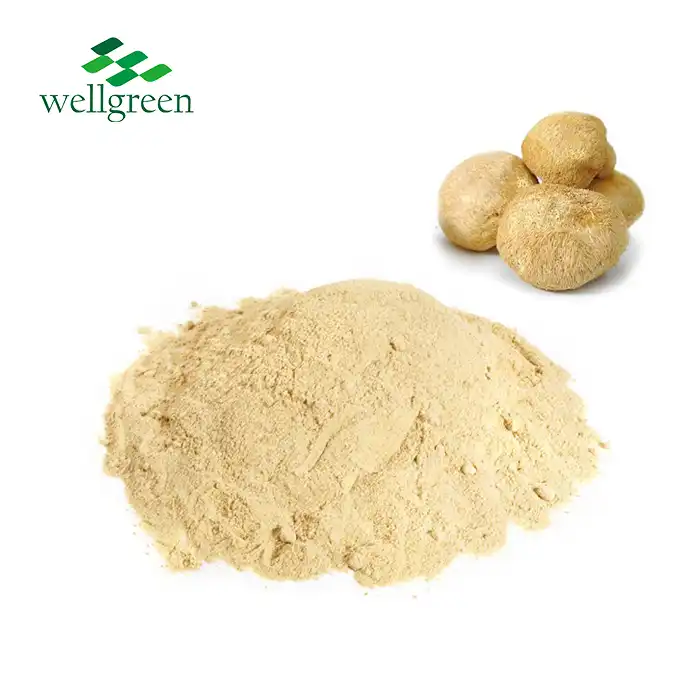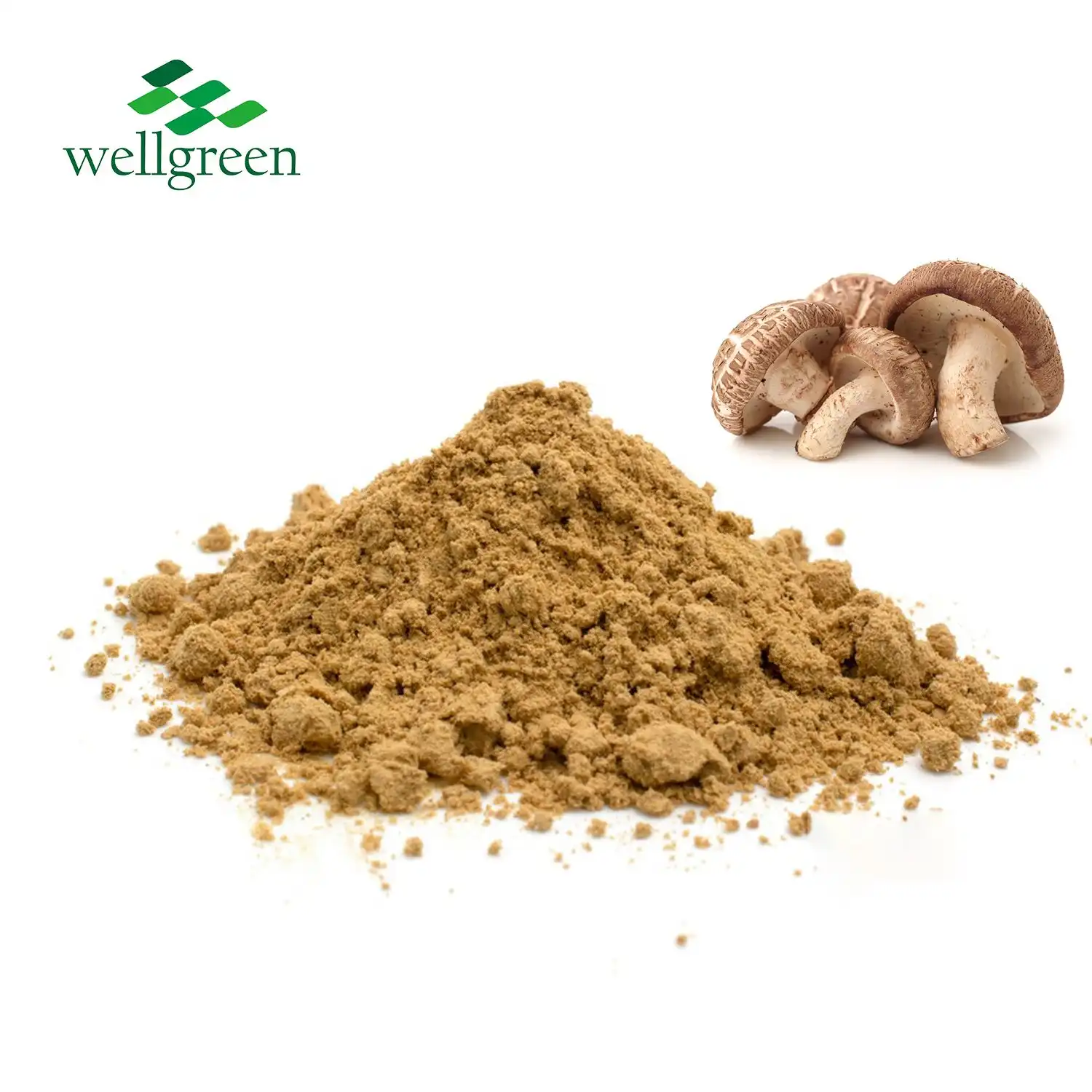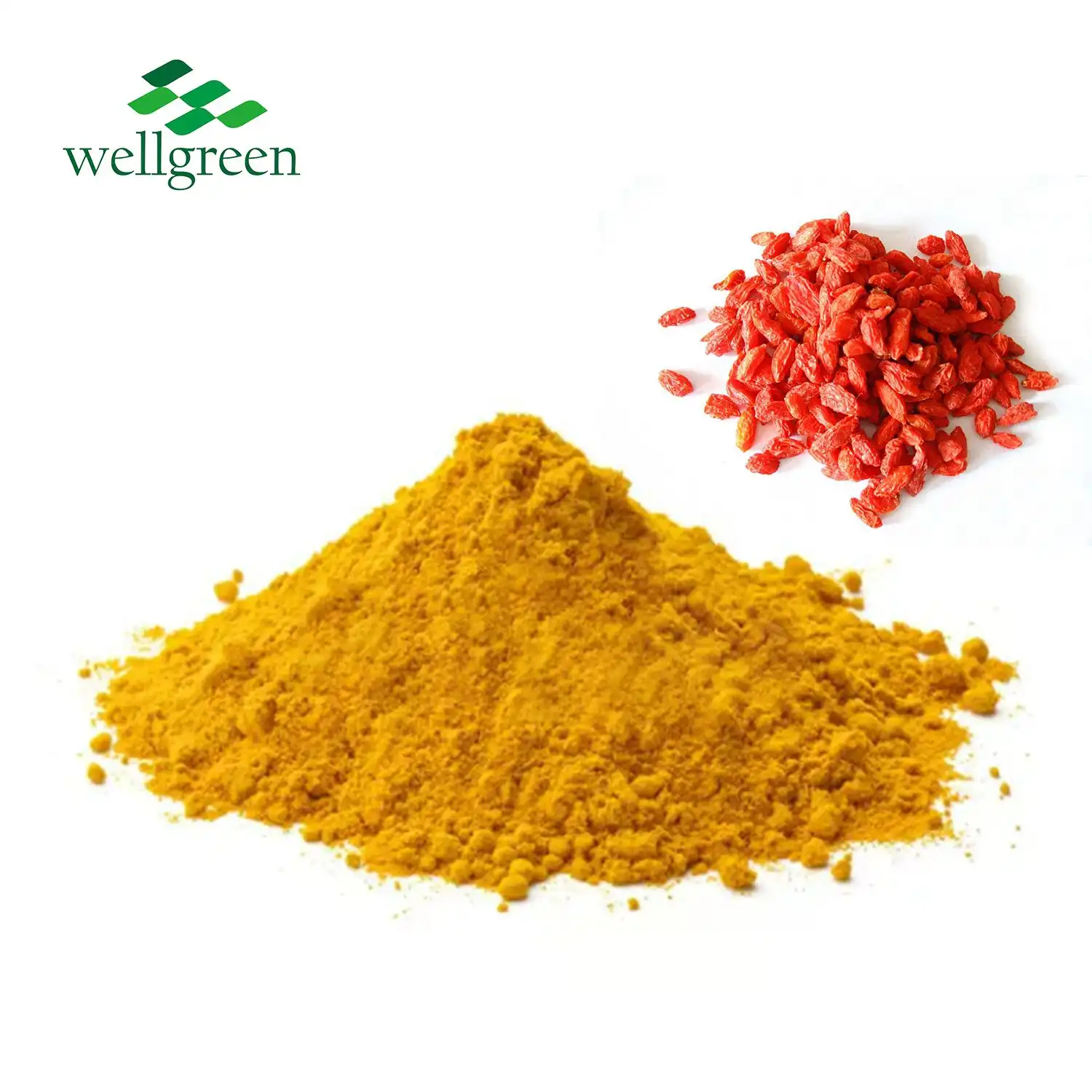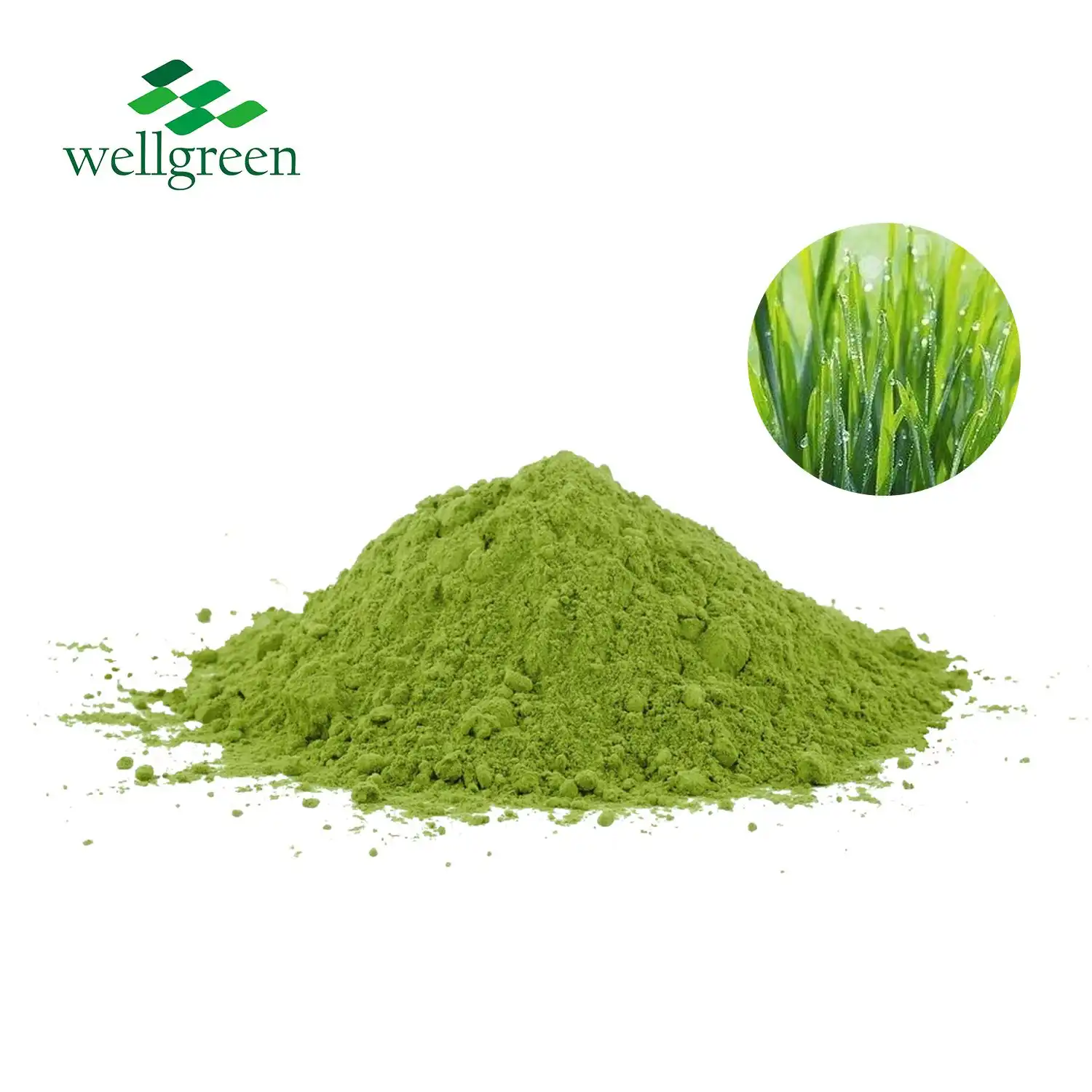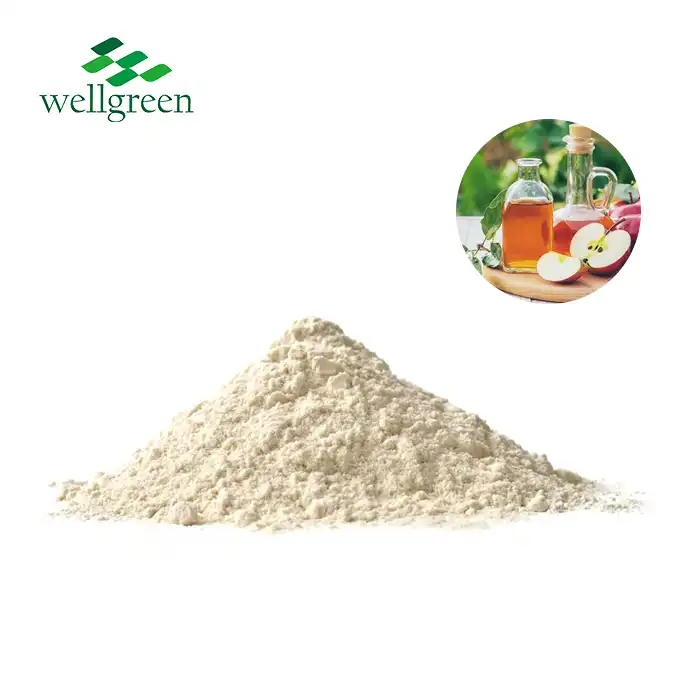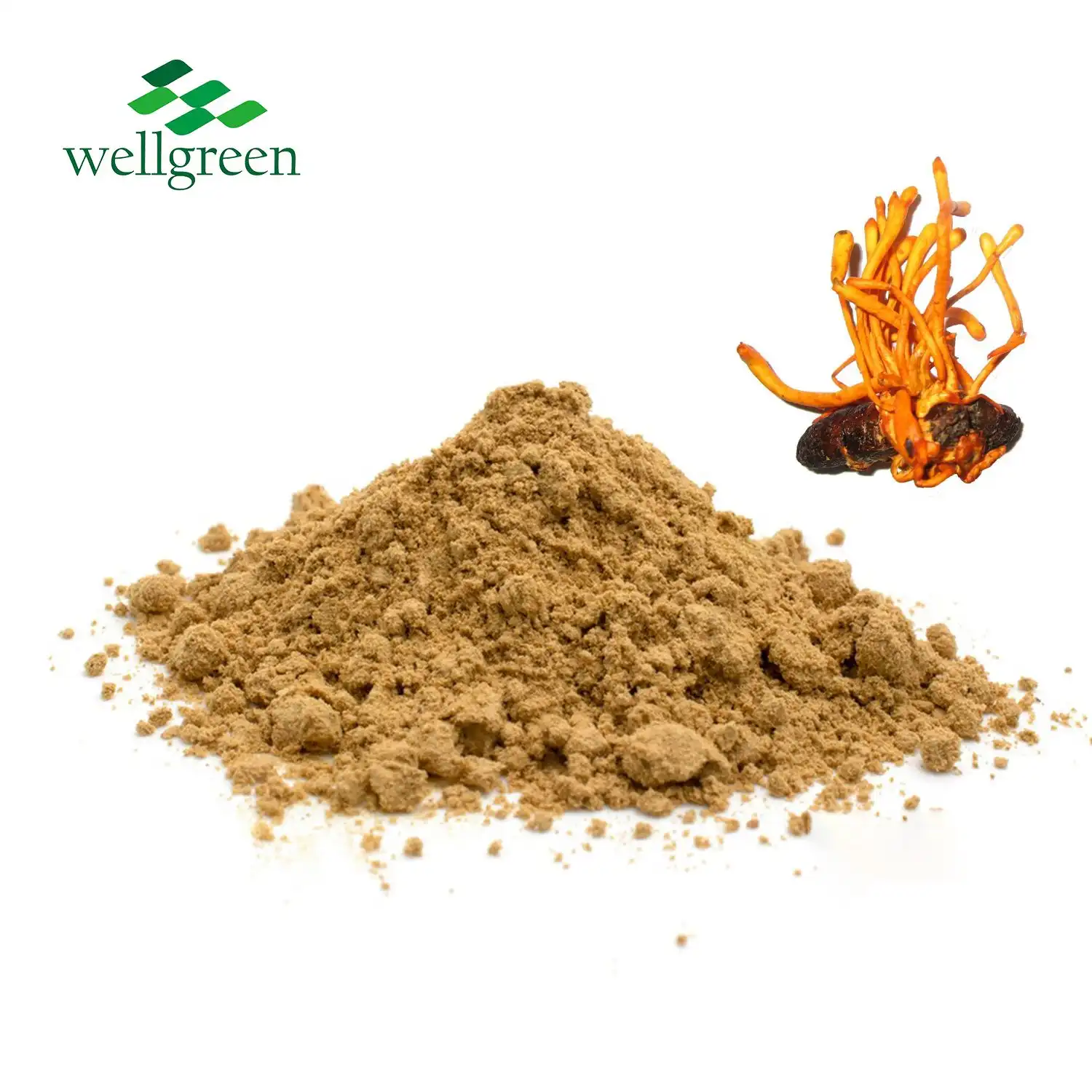Organic Ginger Powder & Diabetes: What Clinical Trials Reveal
2025-06-11 14:14:07
Clinical trials have shown promising results regarding the potential benefits of organic ginger powder for diabetes management. Research indicates that ginger may help improve insulin sensitivity, reduce fasting blood sugar levels, and enhance glycemic control in individuals with type 2 diabetes. Studies suggest that the active compounds in ginger, particularly gingerols and shogaols, may positively influence glucose metabolism and insulin function. While more research is needed to fully understand the mechanisms at work, the current evidence points to ginger powder as a potentially valuable natural supplement for supporting diabetes management when used alongside conventional treatments and lifestyle modifications.
While more research is needed to fully understand the mechanisms at work, the current evidence points to ginger powder as a potentially valuable natural supplement for supporting diabetes management when used alongside conventional treatments and lifestyle modifications.
Can Ginger Powder Improve Insulin Sensitivity?
Enhancing Cellular Glucose Uptake
Organic ginger powder has shown potential in improving insulin sensitivity by enhancing cellular glucose uptake. The active compounds in ginger, such as gingerols and shogaols, may stimulate the translocation of glucose transporter 4 (GLUT4) to the cell surface. This process facilitates the entry of glucose into muscle and fat cells, effectively lowering blood sugar levels. By promoting more efficient glucose utilization, ginger powder may help combat insulin resistance, a key factor in type 2 diabetes.
Modulating Insulin Signaling Pathways
Research suggests that ginger powder may modulate insulin signaling pathways, leading to improved insulin sensitivity. Studies have shown that ginger extract can activate the AMP-activated protein kinase (AMPK) pathway, which plays a crucial role in regulating cellular energy metabolism. By enhancing AMPK activation, ginger may increase glucose uptake and fatty acid oxidation in skeletal muscle, potentially improving overall insulin sensitivity and glucose homeostasis.
Reducing Inflammation and Oxidative Stress
Chronic inflammation and oxidative stress are closely linked to insulin resistance and the development of type 2 diabetes. Organic ginger root powder contains powerful antioxidants and anti-inflammatory compounds that may help mitigate these harmful processes. By reducing inflammation and oxidative damage in insulin-sensitive tissues, ginger powder may contribute to improved insulin sensitivity and better glucose control. This dual action on inflammation and oxidative stress underscores the potential of ginger as a natural adjunct in diabetes management.
Glycemic Control and Fasting Blood Sugar Reduction
Impact on Hemoglobin A1c Levels
Several clinical trials have investigated the effects of ginger powder on glycemic control in individuals with type 2 diabetes. One of the key markers examined is hemoglobin A1c (HbA1c), which provides an average measure of blood glucose levels over the past 2-3 months. Studies have shown that regular consumption of ginger powder may lead to significant reductions in HbA1c levels. This improvement in long-term glycemic control suggests that ginger could be a valuable addition to diabetes management strategies, potentially helping to reduce the risk of diabetes-related complications.
Lowering Fasting Blood Glucose
Ginger powder has demonstrated promising effects on fasting blood glucose levels in individuals with diabetes. Clinical trials have reported significant reductions in fasting blood sugar following regular ginger supplementation. The active compounds in ginger may achieve this by enhancing insulin sensitivity, modulating carbohydrate metabolism, and potentially inhibiting certain digestive enzymes involved in glucose absorption. By helping to maintain lower fasting blood glucose levels, ginger powder may contribute to better overall glycemic control and reduce the strain on pancreatic beta cells.
Postprandial Glucose Management
In addition to its effects on fasting blood sugar, ginger powder may also help manage postprandial (after-meal) glucose levels. Some studies have shown that consuming ginger before or with meals can lead to lower blood glucose spikes following food intake. This effect may be attributed to ginger's potential to slow gastric emptying and modulate digestive enzyme activity. By helping to blunt post-meal glucose elevations, ginger powder could play a role in reducing the overall glycemic burden and improving diabetes management.

Mechanisms of Action in Glucose Metabolism
Inhibition of Carbohydrate-Metabolizing Enzymes
One of the proposed mechanisms by which organic ginger powder may influence glucose metabolism is through the inhibition of key carbohydrate-metabolizing enzymes. Studies have shown that ginger extract can inhibit α-amylase and α-glucosidase, enzymes responsible for breaking down complex carbohydrates into simple sugars. By slowing the digestion and absorption of carbohydrates, ginger may help reduce postprandial glucose spikes and contribute to better overall glycemic control. This enzyme-inhibiting action of ginger is similar to some anti-diabetic medications, highlighting its potential as a natural supplement for diabetes management.
Modulation of Hepatic Glucose Metabolism
Ginger powder may also influence glucose metabolism through its effects on the liver. Research suggests that ginger can modulate hepatic glucose metabolism by enhancing glycogen synthesis and reducing glucose output from the liver. The active compounds in ginger, particularly 6-gingerol, have been shown to activate enzymes involved in glycogen synthesis and inhibit those responsible for gluconeogenesis (the production of new glucose). By promoting glucose storage and reducing its release into the bloodstream, ginger may help maintain more stable blood sugar levels throughout the day.
Enhancement of Peripheral Glucose Utilization
Another important mechanism by which ginger powder may improve glucose metabolism is through enhanced peripheral glucose utilization. Studies have demonstrated that ginger can increase glucose uptake in skeletal muscle and adipose tissue, two major sites of glucose disposal in the body. This effect is thought to be mediated by the activation of AMPK and the subsequent translocation of glucose transporters to the cell surface. By promoting more efficient glucose uptake and utilization in peripheral tissues, ginger may help lower blood glucose levels and improve overall insulin sensitivity.
Conclusion
Clinical trials have revealed promising potential for organic ginger powder in diabetes management. The evidence suggests that ginger may improve insulin sensitivity, enhance glycemic control, and reduce fasting blood sugar levels. Its mechanisms of action include modulating insulin signaling pathways, inhibiting carbohydrate-metabolizing enzymes, and enhancing peripheral glucose utilization. While these findings are encouraging, it's important to note that ginger should not replace conventional diabetes treatments. Instead, it may serve as a valuable complement to existing management strategies, offering a natural approach to supporting blood sugar control and overall metabolic health.
Contact Us
Ready to explore the benefits of organic ginger powder for yourself? Contact Xi'an wellgreen, your trusted supplier of high-quality plant extracts and natural organic powders. For more information about our products and how they can support your health goals, reach out to us at wgt@allwellcn.com. Take the first step towards better health with our premium organic ginger powder today!
References
1. Arablou T, Aryaeian N, Valizadeh M, et al. The effect of ginger consumption on glycemic status, lipid profile and some inflammatory markers in patients with type 2 diabetes mellitus. Int J Food Sci Nutr. 2014;65(4):515-520.
2. Mozaffari-Khosravi H, Talaei B, Jalali BA, Najarzadeh A, Mozayan MR. The effect of ginger powder supplementation on insulin resistance and glycemic indices in patients with type 2 diabetes: a randomized, double-blind, placebo-controlled trial. Complement Ther Med. 2014;22(1):9-16.
3. Shidfar F, Rajab A, Rahideh T, Khandouzi N, Hosseini S, Shidfar S. The effect of ginger (Zingiber officinale) on glycemic markers in patients with type 2 diabetes. J Complement Integr Med. 2015;12(2):165-170.
4. Li Y, Tran VH, Duke CC, Roufogalis BD. Preventive and Protective Properties of Zingiber officinale (Ginger) in Diabetes Mellitus, Diabetic Complications, and Associated Lipid and Other Metabolic Disorders: A Brief Review. Evid Based Complement Alternat Med. 2012;2012:516870.
5. Mahluji S, Attari VE, Mobasseri M, Payahoo L, Ostadrahimi A, Golzari SE. Effects of ginger (Zingiber officinale) on plasma glucose level, HbA1c and insulin sensitivity in type 2 diabetic patients. Int J Food Sci Nutr. 2013;64(6):682-686.
6. Khandouzi N, Shidfar F, Rajab A, Rahideh T, Hosseini P, Mir Taheri M. The effects of ginger on fasting blood sugar, hemoglobin A1c, apolipoprotein B, apolipoprotein A-I and malondialdehyde in type 2 diabetic patients. Iran J Pharm Res. 2015;14(1):131-140.

